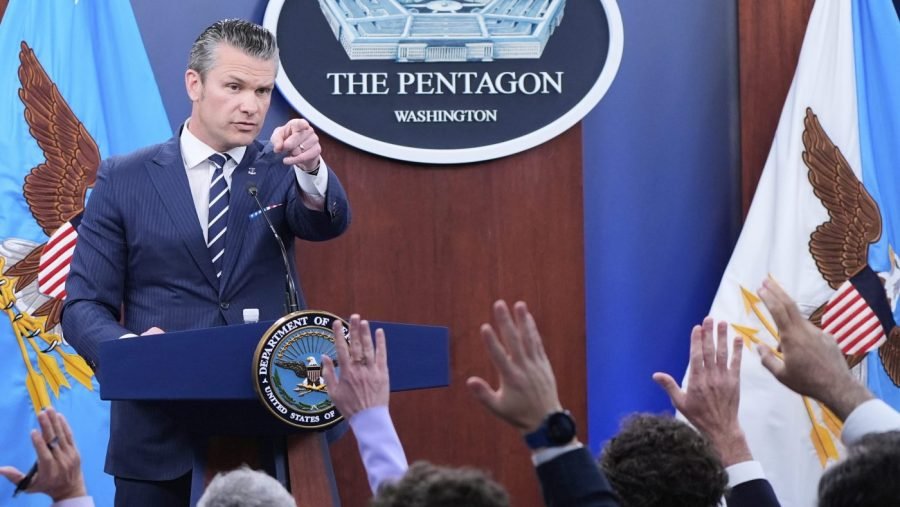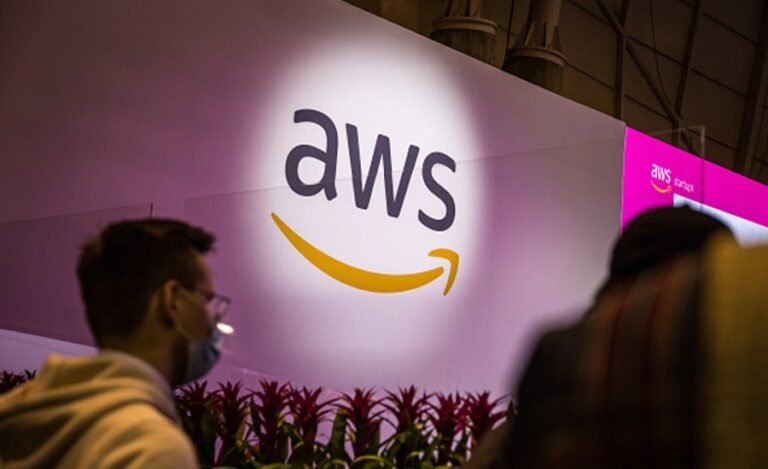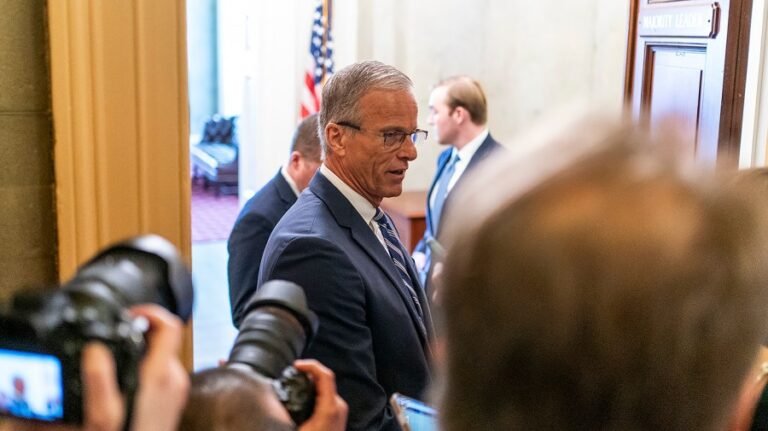
The journalism industry is barking back against new rules imposed by the Pentagon regarding media access. The new guidelines involve reporters’ movements around the Pentagon, the wearing of identification credentials and having journalists refrain from soliciting “criminal acts” — which translates as the leaking of classified information.
The industry’s response to the new rules focuses on holding the government accountable, transparency, the public’s right to know, and the role of a free press in a democratic society. And that all sounds good, as far as it goes. Everybody wants scrutiny of the nation’s huge defense — or now “war” — apparatus. But before jumping too far up on a constitutional high horse, the media might consider that the First Amendment provides for no right to gather news. Rather, the standard interpretation of press freedom is that the government not engage in prior restraint against publication.
In other words, the press is free to publish or broadcast whatever it can find, but it should expect no help from the government in the gathering of news.
Journalists who have their noses bent out of shape by the Pentagon’s restrictions would be wise to read former Supreme Court Justice Potter Stewart’s foundational remarks on press freedoms. Addressed to the Yale Law School in 1974, his remarks synthesized several press rights decisions of that time. The power of journalism was then a much-discussed topic, coming on the heels of the Nixon Watergate scandal, the Pentagon Papers’ publication, and the Supreme Court’s important libel ruling in New York Times v. Sullivan.
Stewart made it clear the government is not obligated to help the media in newsgathering, saying “There is no constitutional right to have access to particular government information, or require openness from the bureaucracy.”
Stewart further explained: “The press is free to do battle against secrecy and deception in government. But the press cannot expect from the Constitution any guarantee that it will succeed … The Constitution,” he concluded, “establishes the contest, not its resolution.”
The purpose of the Department of War and the Pentagon is to protect the nation, not to make it easy for journalists. Sure, Secretary of War Pete Hegseth comes off as heavy-handed with his imposition of new rules, particularly the expectation that journalists will sign documents promising their adherence to the new practices. Indeed, Hegseth might be trying to solve a problem that doesn’t really exist. And if there are leakers inside the military apparatus, that is Hegseth’s problem, not the journalists’ concern.
But journalists claiming that Hegseth is somehow destroying the free press come off as self-absorbed. Journalists do serve an important role in watchdogging the government, but they are just regular citizens in the eyes of the Constitution. Every citizen in the U.S. has as much free press protection as a reporter at CNN or The Washington Post. Certainly, the Pentagon can’t have random people circulating around a building in which America’s war preparedness is being strategized. Journalists already get exceptional treatment by getting access to the facility and to government officials on occasion.
Restricting access for journalists, or any other random person, is common in countless venues around the nation. All professional and college sports teams restrict who can access locker rooms and talk to players. Nobody can randomly enter an elementary school without proper identification and a particular reason for being there. That’s to protect the students. Reasonable restrictions on access to the Pentagon are designed to protect the nation.
Journalists are now turning in their Pentagon press credentials in protest. This is clearly a case of losing while you think you are winning. Covering the military establishment will, of course, be more difficult standing on a street corner as opposed to being in the building, even with restricted movement. Reporters who don’t like the rules should continue to engage Pentagon officials with their concerns, but pouting on the way out the door sends a bad optic to most American citizens, who have little sympathy for the press.
The journalism industry suffers from record low credibility ratings. One of the reasons is the perceived self-entitlement that the journalism industry projects. Fussing about a lack of Pentagon access that any other American doesn’t have won’t win back public confidence. It is a safe bet that most citizens are quite OK with keeping reporters reined in at the Pentagon.
Jeffrey M. McCall is a media critic and professor of communication at DePauw University. He has worked as a radio news director, a newspaper reporter and as a political media consultant.






